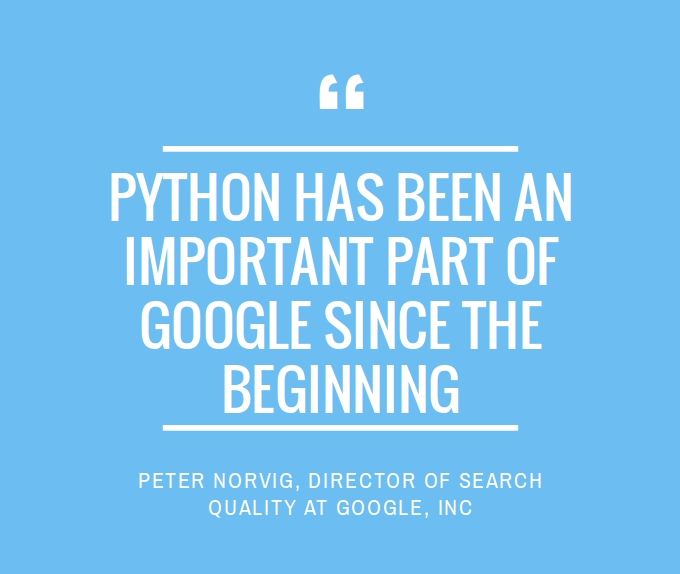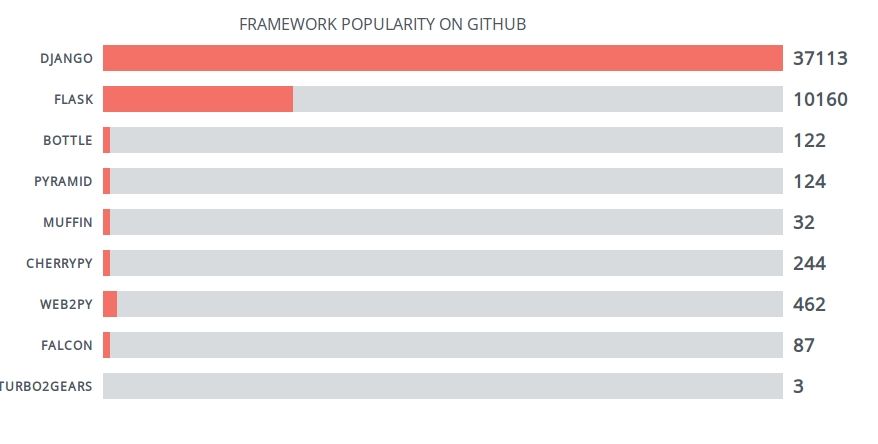python web development
Python hosting: Host, run, and code Python in the cloud!
Introduction to Python Web Development
Developing web apps often involves using frameworks. Frameworks simplify the creation of scalable, reliable, and maintainable web apps by providing pre-built functionalities. Instead of reinventing the wheel, developers can leverage these functionalities, such as:
- URL Routing
- Output templates
- Database management
- Session management
- Protection against common security threats
Depending on its features, a framework like Flask might require additional modules for functionalities like database support, while Django comes with built-in database support.
Related Course: Create Web Apps with Python Flask
Hosting Python Web Apps
If you’re looking to make your web app accessible on the internet, you’ll need a hosting provider. A couple of prominent hosting servers for Python apps include:
Advantages of Using a Web Framework
Web frameworks save developers time by providing solutions to common challenges. However, seasoned web developers might find some frameworks restrictive and prefer building functionalities from scratch.
Available Python Web Frameworks
Among the numerous web frameworks, Django and Flask stand out in popularity. Here’s a quick list of Python web frameworks to consider:
Among these, Django and Flask are the most widely adopted Python web frameworks.

Deep Dive: Django
Django stands out as the premier Python web framework. It streamlines many development tasks, enabling developers to focus on creating their app. Impressively, websites built with Django have handled traffic surges of up to 50,000 hits per second. Django offers an Object-relational mapper for database access, allowing developers to define data models in Python. This means Django handles interactions with database management systems like SQL. Moreover, Django supports URL routing and encourages clean URL designs, free of extensions like .php or .asp.
Django Features:
- Object-relational mapper
- URL routing and views
- Built-in template engine
- Forms system
- User authentication
- Admin interface
- Internationalization support
- Strong security measures
For a deeper exploration of Django, check out this tutorial.
Fun Fact: Websites like NASA, Bitbucket, and Pinterest run on Django.
Related Course: Django Web Developer Course
Deep Dive: Flask
Flask is a lightweight, modular Python web framework. Designed for web app creation, Flask doesn’t bind developers to a specific database or ORM system. While it doesn’t come with built-in database functionalities, extensions like SQLAlchemy can integrate seamlessly with Flask. Flask’s simplicity ensures even minimal apps are straightforward to implement.
Example Flask App:1
2
3
4
5
6
7
8
9from flask import Flask
app = Flask(__name__)
def hello_world():
return 'Hello World!'
if __name__ == '__main__':
app.run()
Flask Features:
- URL routing and views
- Built-in template engine (Jinja2)
- Session management
- Logging capabilities
To delve deeper into Flask, here’s a comprehensive tutorial.
Related Course: Create Web Apps with Python Flask

Leave a Reply: